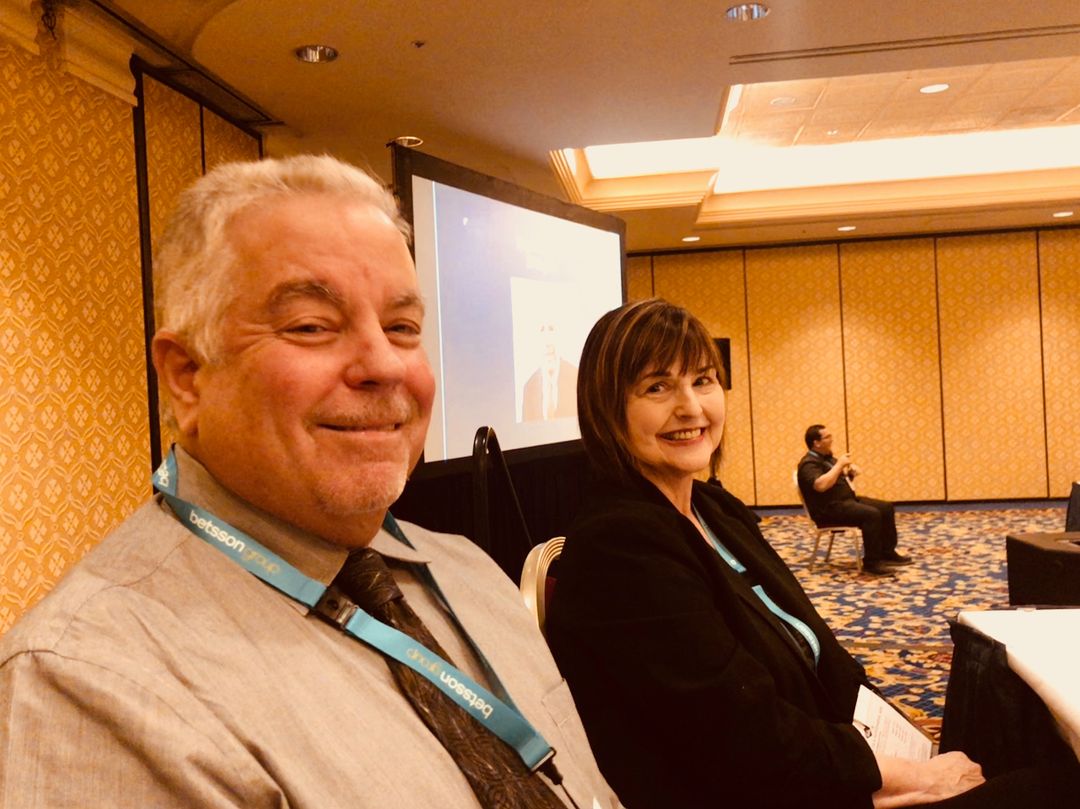
Covering gambling addiction is a challenging task for the media due to the relatively young nature of the field, which leaves many common questions about the impact of gambling unanswered. Moreover, the prevalence of unsubstantiated claims on social media blurs the line between peer-reviewed scientific research and unverified assertions.
To ensure responsible and accurate reporting on gambling disorder and responsible gambling, ICRG recommends the following guidelines for the media:
- When addressing claims about gambling disorder, seek supporting evidence from published research.
- Avoid assuming that any prevention measure or responsible gaming tool is inherently effective. Scientific research shows that interventions can either help, have no impact, or exacerbate the issue. Well-intentioned efforts at prevention can sometimes yield unintended consequences.
- Report on both our current knowledge and the areas where knowledge gaps exist regarding gambling disorder.
ICRG is fully prepared to support members of the media by providing answers to your queries and facilitating connections with researchers in the field. For inquiries, please email us at [email protected].
Thank you!
ICE London 2024
•
February 8, 2024
NCRG Names Centers Of Excellence In Gambling Research
•
March 14, 2013
NCRG Offers Nearly $1 Million In 2013 To Study Gambling Disorders
•
January 16, 2013
NCRG Awards $870,000 In 2012 To Support Research On Gambling Disorders
•
January 9, 2013
NCRG Honors Randy Stinchfield With 2012 Scientific Achievement Award
•
October 1, 2012
NCRG Expands Reach Of Curriculum To Address Youth Gambling
•
September 13, 2012

